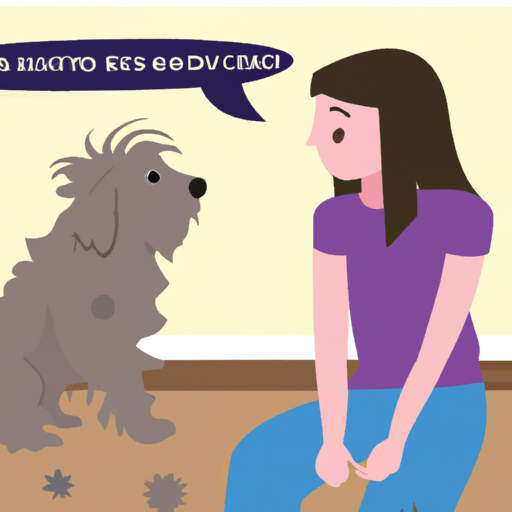Introduction
You love your dog. You want to ensure they are healthy, happy, and leading a rich, fulfilling life. But, when you start to notice clumps of your dog’s hair falling out, it can be disheartening and even scary as you may not know what’s causing it.
Common Reasons for Hair Loss in Dogs
Hair loss in dogs, also known as alopecia, can occur for a variety of reasons, some more serious than others:
- Allergies – Allergies can cause a dog to scratch and lick itself excessively, leading to hair loss. Allergies can be environmental, like pollen or dust, or food-related.
- Parasites – Fleas, mites, and lice can all cause hair loss in dogs. Often, this will be accompanied by excessive scratching.
- Hormonal imbalances – Certain conditions, such as hypothyroidism or Cushing’s disease, can lead to hair loss in dogs.
- Infections – Both fungal and bacterial infections can cause hair loss.
- Genetic conditions – Some breeds are more prone to hair loss than others due to genetic conditions.
Recognizing the Signs and Symptoms
Recognizing the signs and symptoms of hair loss in your dog can help you identify the problem sooner and seek appropriate treatment. Here are some signs to watch out for:
- Excessive scratching or licking
- Redness, inflammation, or scaly skin
- Bald patches or thinning hair
- Changes in behavior, such as increased aggression or lethargy
What You Can Do
If you notice any of these symptoms, don’t panic. There are steps you can take to help your dog:
- Consult with a vet: A vet can diagnose the cause of hair loss and recommend treatment options.
- Maintain a healthy diet: A nutritious diet can help prevent many health issues in dogs.
- Regular grooming: Regular brushing can help remove loose hair and detect any skin abnormalities early.
- Flea and tick prevention: Regular use of flea and tick prevention products can help keep parasites at bay.
Preventive Measures
Prevention is the best cure. To prevent hair loss in your dog, consider the following:
- Regular check-ups: Regular visits to the vet can help detect any potential issues early.
- Proper nutrition: Providing a diet rich in essential vitamins and minerals can help maintain healthy skin and fur.
- Regular exercise: Regular physical activity can help regulate your dog’s hormones and reduce the risk of conditions that can lead to hair loss.
| Preventive Measure | How it Helps |
|---|---|
| Regular check-ups | Early detection of potential issues |
| Proper nutrition | Maintains healthy skin and fur |
| Regular exercise | Helps regulate hormones |
Frequently Asked Questions
Q: Can stress cause hair loss in dogs?
A: Yes, just like in humans, stress can lead to hair loss in dogs.
Q: Are certain breeds more prone to hair loss?
A: Yes, some breeds have genetic conditions that can cause hair loss.
Q: Can a change in diet help with hair loss?
A: Yes, a balanced diet can help maintain healthy skin and fur, which can prevent hair loss.
Remember, while hair loss in dogs can be concerning, it’s often treatable. The most important thing is to stay calm, monitor your dog’s symptoms, and consult with a vet. Your furry friend is depending on you, and with your loving care and attention, they can bounce back stronger and healthier.



